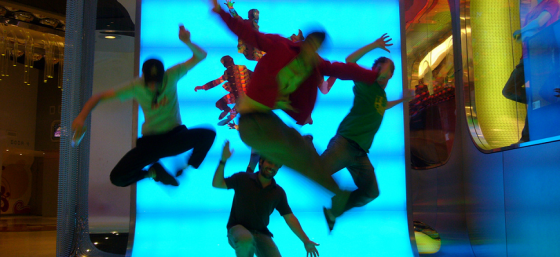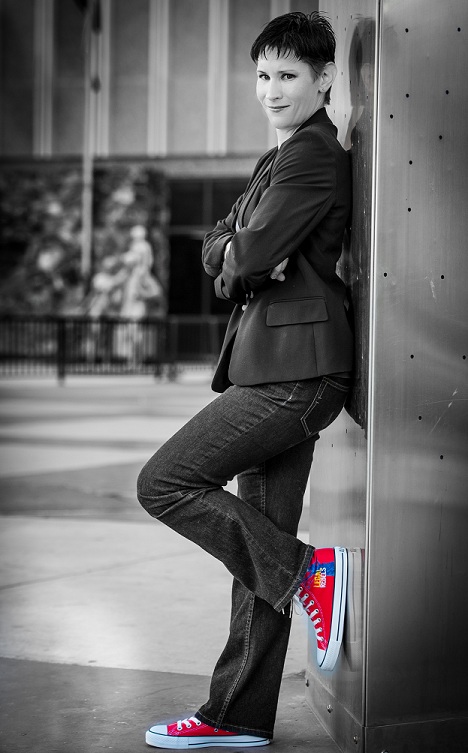Recently I had an interesting conversation with my friend Joe Manna. He wanted to write a blog pot about his experience driving a Prius and he had concerns about disclosing the fact that he was speeding – not just a little over the limit, but driving over 100 mph.
Luckily under the law the burden is on the prosecution to build a case against you. As far as we know, no one from law enforcement saw him speeding and we really don’t know which city/county he was in when this occurred, or even if he was in California or Arizona. Frankly all we have is his claim that he was speeding and anyone who’s ever heard a fishing story knows how much someone’s word can be taken at face value. As far as I know there’s no physical evidence of what actually happened.
Joe’s question brought up a good point – be careful about what you post online and aware of what others post about you. If you disclose that you committed a crime and post videos or pictures from it, that could be evidence that could be used against you.
Think about all the stories you’ve heard about burglars that were caught after they took pictures of themselves with their loot and high school pranksters who took pictures of themselves doing their senior prank or stealing their rival’s mascot. They were busted in part due to their own stupidity.
This is one of the risks we take in the flash mob world. After each event, we post the blog, photos, and video from the flash mob so people can enjoy our shenanigans. If we did anything illegal during the flash mob, we just admitted it and probably gave law enforcement the evidence they need to prosecute us.
So does Joe have anything to worry about? Probably not. The worst thing he probably has to worry about is he’s put the police on notice that he speeds so maybe the cops in his neighborhood might pay a bit more attention to him when they see him out and about.
Can you blog about your crimes? Of course! Should you? That’s a different question. Think hard about the potential consequences of the post before you tell the internet-accessible world about your wrongdoings. You never know where that information will end up and what those people will do with it.
If you want more information on this topic, please check out my books The Legal Side of Blogging: How Not to get Sued, Fired, Arrested, or Killed and Flash Mob Law: The Legal Side of Planning and Participating in Pillow Fights, No Pants Rides, and Other Shenanigans.
You can connect with me on Twitter, Google+, Facebook, YouTube, LinkedIn, or you can email me.
You can also subscribe to the Carter Law Firm newsletter.
Please visit my homepage for more information about Carter Law Firm.




